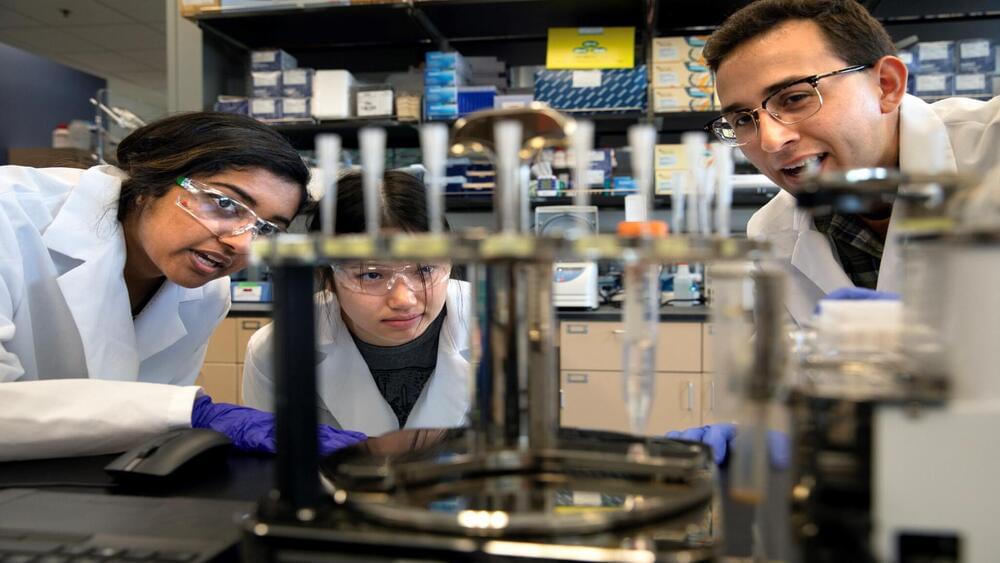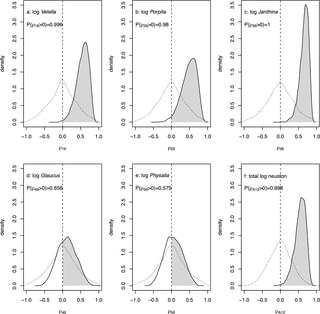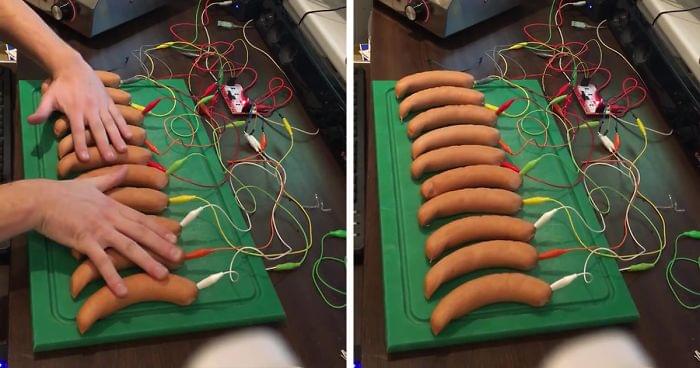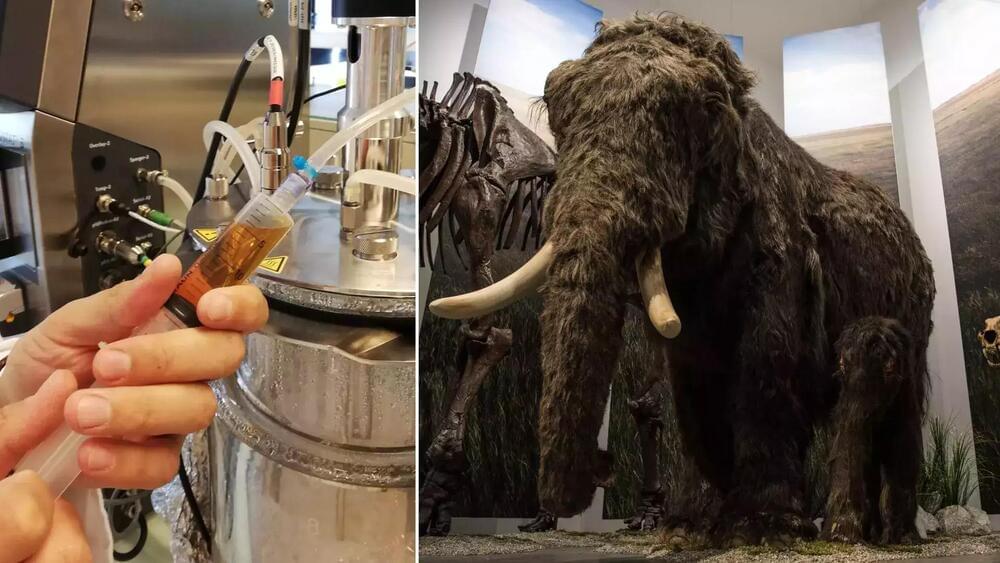As the world strives to ensure everyone has access to their fundamental human rights, technology is a crucial innovator for making lives better.



For the first time, astronomers have spotted an evolving star engulfing an orbiting planet.
When our Sun nears the end of its life, it will start to swell. During this expansion, which is expected to happen in some 6 billion years, the dying Sun will engulf our Solar System’s inner planets, including Earth. Though scientists are certain of Earth’s far-future fate, no direct observation had been made of a dying star swallowing an orbiting planet, until now [1].
The unique observation comes from Kishalay De of the Massachusetts Institute of Technology and his colleagues. The team found the planet-eating star in data taken as part of the Zwicky Transient Facility (ZTF), a large-area optical survey of the night sky. While comparing a few weeks’ worth of consecutive ZTF scans—a new survey of the sky is performed every 48 hours—a brightening star 12,000 light-years from Earth caught De’s attention, he says.
Customers will be ordering food from AI.
#Wendys #Google #yahoofinance.
Yahoo Finance culinary correspondent Brooke DiPalma joins the Live Show to discuss the partnership between Wendy’s and Google to revolutionize drive-thru orders with the use of AI technology, first premiering in Columbus.
Ohio in June of this year, and how AI is transforming the restaurant industry.
About Yahoo Finance:
At Yahoo Finance, you get free stock quotes, up-to-date news, portfolio management resources, international market data, social interaction and mortgage rates that help you manage your financial life.
Yahoo Finance Plus: With a subscription to Yahoo Finance Plus get the tools you need to invest with confidence. Discover new opportunities with expert research and investment ideas backed by technical and fundamental analysis. Optimize your trades with advanced portfolio insights, fundamental analysis, enhanced charting, and more.

Artificial intelligence-powered BacterAI accurately predicts the necessary amino acid combinations for growth 90% of the time.
A group of scientists has created a system powered by artificial intelligence (AI) that enables robots to conduct as many as 10,000 scientific experiments independently in a single day.
The AI system, named BacterAI, could significantly accelerate the pace of discovery in a range of fields such as medicine, agriculture, and environmental science. In a recent research study released in Nature Microbiology, the team successfully utilized BacterAI to map the metabolic processes of two microbes linked with oral health.

Floating life (neuston) is a core component of the ocean surface food web, but the Sargasso Sea in the North Atlantic is the only known region of high neustonic abundance. This study reveals high densities of floating life in the plastic-rich Great Pacific Garbage Patch, suggesting that this area could be an important marine habitat.

The internet is full of many interesting things. Most of them are quite useful and even amazing, but the rest is often unnecessary and weird. And you gotta love it because there is probably no better outlet for creativity than the internet, regardless of what shape or form it might come in.
Meet Patrick from Patrick’s World, who has flexed his creativity muscle in a way that probably nobody has ever thought of. He took out some traditional German sausages, hooked them up to some wires that were connected to a number of sound equipment, and made a fully functional piano. Yes, you read that correctly.
So, this guy took out some traditional German sausages, hooked them up to some wires that were connected to sound equipment, and made a fully functional piano. Yes, you read that correctly. The internet is amazing.
An artificial intelligence system enables robots to conduct autonomous scientific experiments—as many as 10,000 per day—potentially driving a drastic leap forward in the pace of discovery in areas from medicine to agriculture to environmental science.
Reported today in Nature Microbiology, the research was led by a professor now at the University of Michigan.
That artificial intelligence platform, dubbed BacterAI, mapped the metabolism of two microbes associated with oral health —with no baseline information to start with. Bacteria consume some combination of the 20 amino acids needed to support life, but each species requires specific nutrients to grow. The U-M team wanted to know what amino acids are needed by the beneficial microbes in our mouths so they can promote their growth.


Harmful PFAS chemicals can now be detected in many soils and bodies of water. Removing them using conventional filter techniques is costly and almost infeasible. Researchers at the Fraunhofer Institute for Interfacial Engineering and Biotechnology IGB are now successfully implementing a plasma-based technology in the AtWaPlas joint research project.
Contaminated water is fed into a combined glass and stainless steel cylinder where it is then treated with ionized gas, i.e., plasma. This reduces the PFAS molecular chains, allowing the toxic substance to be removed at a low cost.
Per-and polyfluoroalkyl substances (PFAS) have many special properties. As they are thermally and chemically stable as well as resistant to water, grease and dirt, they can be found in a large number of everyday products: Pizza boxes and baking paper are coated with them, for example, and shampoos and creams also contain PFAS. In industry they serve as extinguishing and wetting agents, and in agriculture they are used in plant protection products.
It was an honor to speak at MIT’s Broad Institute about some of my past and present synthetic biology research on redesigning bacteria and viruses to act as delivery systems for biomedicine! Video recording is now available! Here is a link which should take you to 1:40:18 when my talk starts:[ ]. My talk was part of the inaugural MIT Biosummit (https://mitbiosummit.com/), a forward-looking conference which this year focused on tackling challenges at the interface of climate change and health sciences. #futureofmedicine #future #biotech #mit Thank you Ryan Robinson for helping to organize this conference and for giving your own excellent talk!
Recording of the MIT Club of Boston 2023 BioSummit: Human Health 2050 held at the Broad Institute on April 27, 2023. Note: Although the video is almost 6 hours long, you can rapidly navigate and skip to a particular speaker or session by scrubbing along the video timeline (in Chrome or Edge) or using the time markers listed below in blue (in all browsers). You can also use chapter browsing in the YouTube app on platforms where it is available.
0:00:00 Introductory remarks: Ryan Robinson, Whitney Espich.
0:08:44 Morning keynote: Bradley Willcox.
0:57:14 Infectious disease panel introduction, Lindsey Baden.
1:02:21 Kieren Marr.
1:38:27 Speaker transition with Lindsey Baden.
1:39:36 Logan Collins.
1:56:36 Ryan Robinson.
2:13:13 Infectious disease panel Q&A
2:24:00 Longevity panel introduction, Eduardo Cornejo.
2:27:14 Joseph Coughlin.
2:46:47 Vladim Gladyshev.
3:02:28 Cavin Ward-Caviness.
3:18:55 Longevity panel Q&A
3:37:44 Food supply panel introduction, Viji Thomas.
3:48:32 Gary Cohen.
4:05:16 Greg Sixt.
4:21:50 Anirban Kundu.
4:37:32 Food supply panel Q&A
5:15:03 Sebastian Eastham.
5:42:13 Closing remarks, preview of next year’s BioSummit Stephanie Licata.